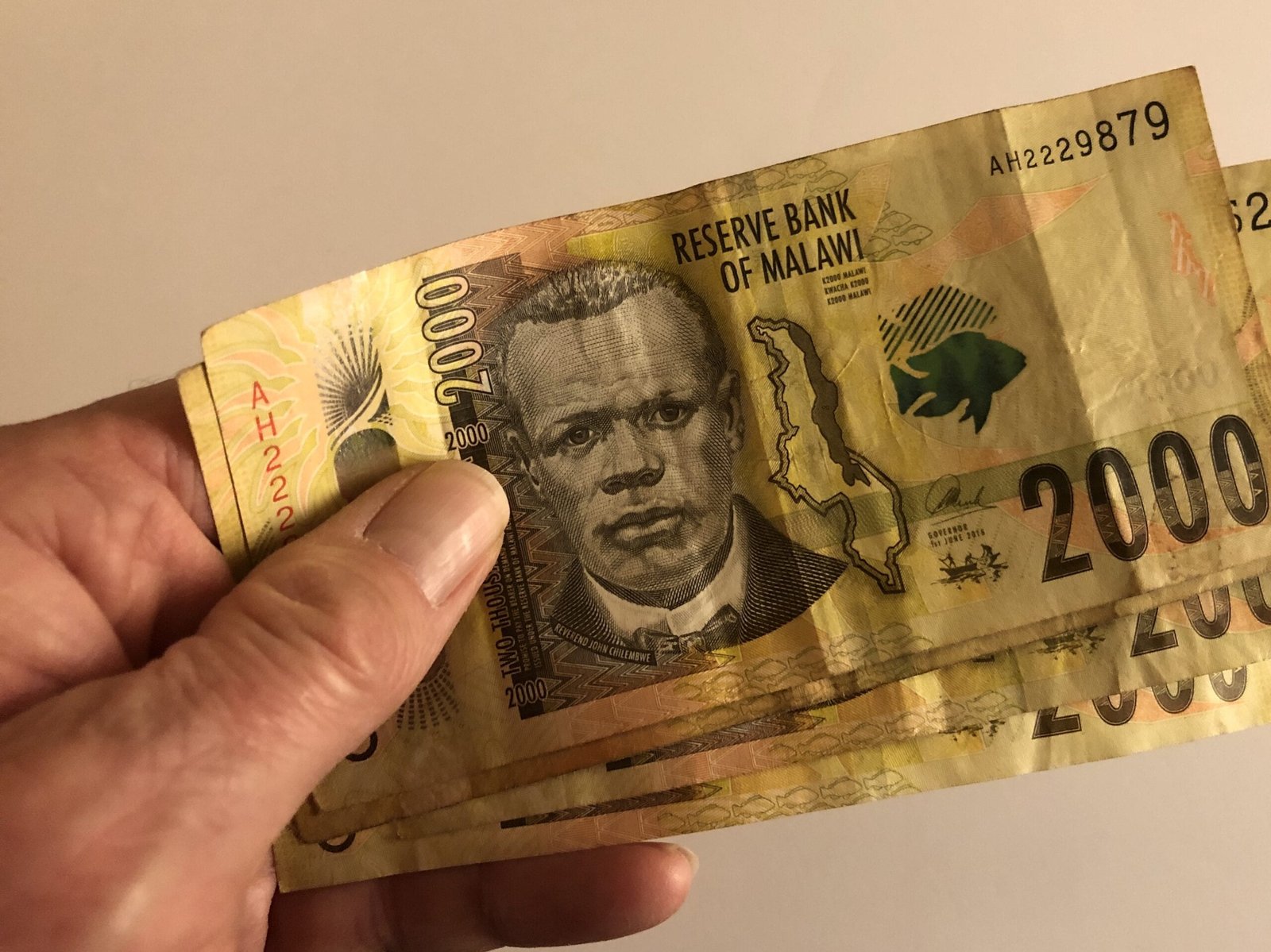

Among the first projects financed by the Social Action Fund was repair of the Seventh Day road bridge.
Western economies are used to high public spending mainly funded via taxation, but in Malawi tax revenue is exceedingly low owing to the largely informal nature of the economy.
This leads to high dependence on foreign aid. Even so, local infrastructure is dilapidated, income levels are very low, and education and health provision is precarious.
To help address the shortfall in funding and to give local communities greater control over it, the Capacity Foundation has devised a Social Action Fund, financed from two sources: a service charge on business loans and contributions from the Foundation’s social enterprises.
Business loans
After completing our business skills and marketing course, loantakers receive an entry-level loan of 150,000 kwacha (about £75 or $95). Loantakers can receive successive loans – the largest loan currently is 500,000 kwacha (£250 or $315).
To cover training and mentoring costs and to contribute to the Social Action Fund, each loantaker pays a 20% service charge on their loan. About 150 families have already taken part in the loan programme.
Future plans: the Evergreen Fund
The business community in Malawi is very small but shares characteristics with any business community including a proclivity toward philanthropy. There is a significant Malawian diaspora in the UK.
The Foundation’s post-pandemic plans include an Evergreen Fund whereby significant investment can be sought from internal and external Malawian sources on commercial terms where the lender receives interest but allows the capital to remain invested, becoming constantly recycled as loans to more groups.
As the funds being generated within Malenga Mzoma specifically and Malawi generally grow, the Social Action Fund will be able to do more and more to improve infrastructure and to develop programmes prioritised by the community.
